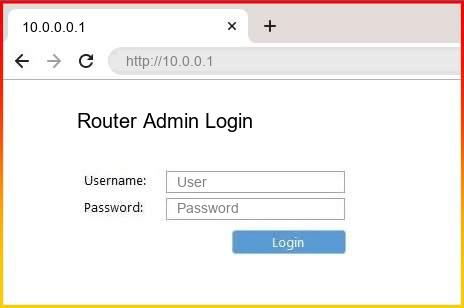Relays are electrically powered switches that drive a mechanical switching mechanism through the use of an electromagnet. Their main job is to use a low-power signal to regulate a high-power circuit. Their versatility renders them handy in a multitude of settings, encompassing home automation, automobile systems, and industrial machines. Relays control the operation of large machinery in an industrial context, making sure that high-power equipment may be turned on or off with little manual labour. A relay, for instance, can be triggered by an insignificant control signal, turning on a huge motor in the process. This isolates the end user from high-power circuits, which improves safety while also simplifying control.
Relay Testing
Relays are essential for protecting and controlling electrical systems, which makes testing them essential. Relays that aren’t working right can result in broken equipment, which can lead to dangerous circumstances or even interruptions in operations. Testing relays on a regular basis guarantees proper operation and helps against unexpected breakdowns. Early detection of possible problems helps you keep your system reliable and save money on replacements or expensive repairs.
Relay Test Set
Relay test sets are instruments designed to evaluate protective relays reliability as well as effectiveness. As the initial line of defence against electrical failures, these protective relays are essential to electrical systems. We can stop bigger, more disastrous electrical failures by making sure these relays are operating properly. There are various types of relay test sets, such as computer-based, automated, and manual variants. Based on the degree of automation needed and the intricate nature of the system, each type has specific advantages and can be used for different types of testing.
Relays in Industrial Control System
Relays are essential components of industrial control systems because they aid in the regulation and control of electrical currents and signals. High-voltage circuits are switched and controlled by them, enabling lower-voltage signals to regulate higher voltages. This is significant because it isolates delicate electronic parts from high-voltage circuitry, preventing damage. Relays can also contribute to the enhanced security of industrial control systems by offering a fail-safe mechanism that, in the event of a malfunction, will shut down the system. Relays facilitate the troubleshooting and repair of industrial control systems by serving as a control point for electrical signals. This allows defects to be isolated to certain circuits or components. Relays are crucial to the safe and efficient operation of many different industrial applications, therefore their significance in industrial control systems needs to be emphasised.
Benefits of Relay Test Set in Industrial Applications
Industrial applications rely heavily on relay test sets; they are more than simply flashy gadgets. Their main job is to guard against equipment failure and guarantee electrical safety. Any malfunction in an industry where electrical and mechanical equipment are always in use could lead to expensive downtime or worse hazardous mishaps. Relays are tested frequently, which greatly reduces the risks involved.
1. Cost Savings
Industries can save money by using a relay test set to identify hidden defects that, if left unnoticed, could result in significant damage. You may make sure to avoid needless electrical system damage by employing a relay test set. A relay test set’s cost justifies far more than its purchase price. You can avoid stretching your budget by opting to rent electrical test equipment rather than buy it, since you will only need to pay a nominal fee as opposed to the whole cost of a test set.
2. Enhanced Safety
In any industrial setting, safety is the first consideration. Relay test sets contribute to increased safety by guaranteeing proper operation of protective relays, which guards against malfunctions in electrical systems. By averting malfunctions, these devices shield workers and the equipment itself, reducing the possibility of electrical shocks or fires.
3. Improved Efficiency
Effectiveness is the key in industrial environments. Relay test sets simplify testing processes, resulting in a faster and easier process. Particularly, computer-based and automated relay test sets eliminate the demand for manual inspections, freeing up employees to concentrate on other important duties. A more productive workplace and better utilisation of resources result from this efficiency.
4. Compliance With Standards And Regulations
Strict rules and regulations apply to all industries, especially when it comes to safety and operational practices. Organisations can comply with these regulations and make sure that all equipment satisfies the relevant safety standards by employing a relay test set. In addition to offering the business legal protection, compliance improves its standing as a responsible organisation.
Conclusion
More than just a useful tool, relay test sets are necessary to keep industrial processes reliable, efficient, and safe. Businesses may safeguard their resources, guarantee employee safety, and save money over time by purchasing the appropriate relay test set and utilising it appropriately. Relay test sets are available to suit every kind of system, no matter how complicated or how basic it is.










